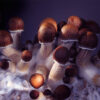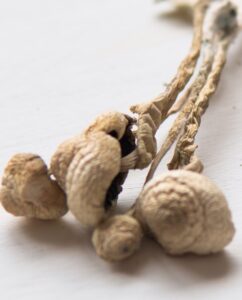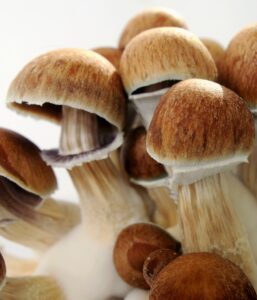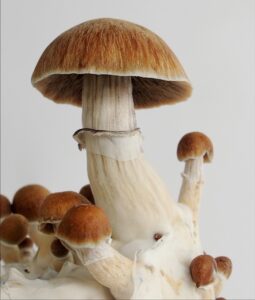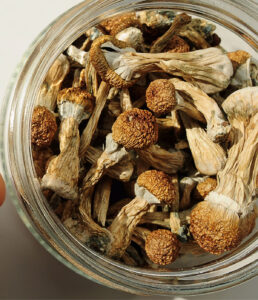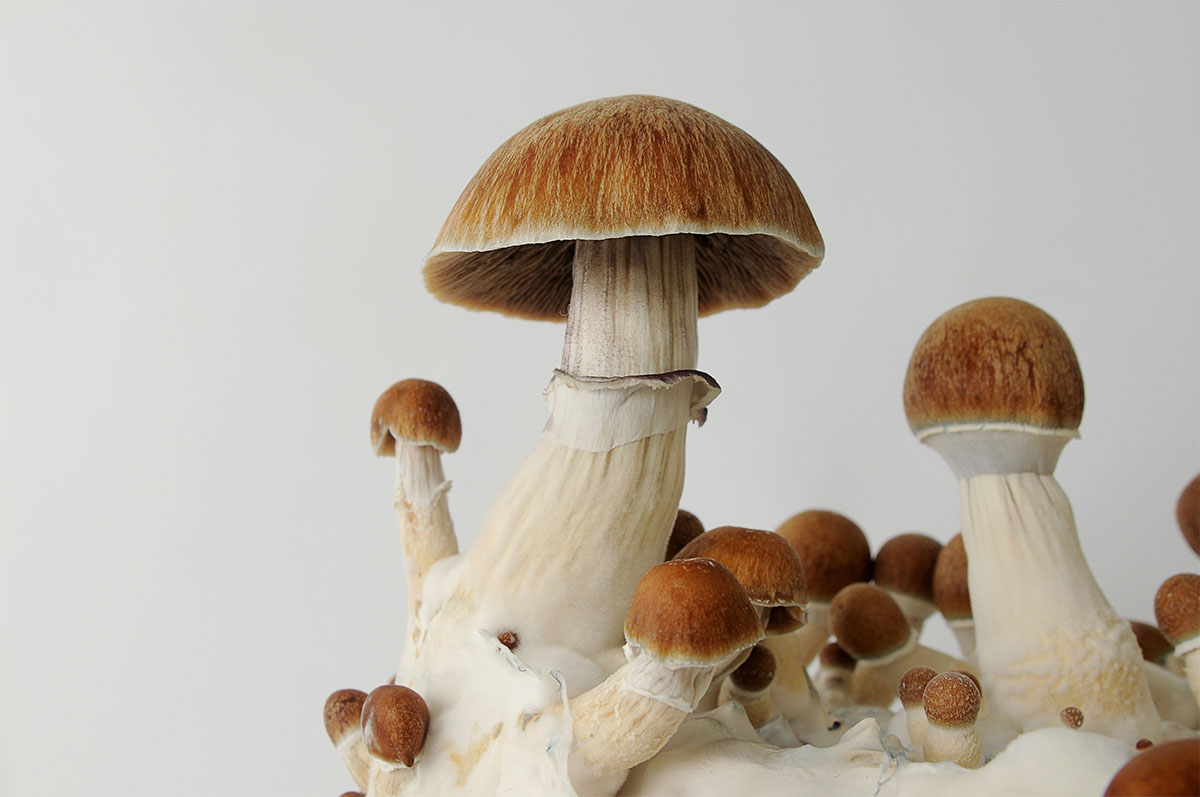
Summary of research article by von Rotz et al., published in eClinicalMedicine, Part of THE LANCET Discovery, on December 28, 2022.
This study examines the effectiveness of a single-dose psilocybin-assisted therapy for patients with major depressive disorder (MDD), comparing the treatment’s impact on depression severity, anxiety levels, and overall functioning with that of a placebo. The results of this double-blind, randomized, placebo-controlled clinical trial reveal that patients receiving psilocybin-assisted therapy experience significant improvements in depression severity, anxiety, and overall functioning, with effects maintained up to six months post-treatment. These findings contribute to the growing body of evidence that supports the potential of psychedelic-assisted therapy, specifically single-dose psilocybin treatment, as a promising option for individuals suffering from MDD.
Major depressive disorder (MDD) is a widespread mental health condition affecting millions of people globally. Current treatment options encompass pharmacological and psychological interventions, but a considerable number of patients do not respond adequately to these traditional therapies. Recent research has explored the potential use of psychedelic compounds like psilocybin to address treatment-resistant depression. This paper presents the findings of a clinical trial that investigates the impact of single-dose psilocybin-assisted therapy on patients diagnosed with MDD.
The study used a double-blind, randomized, placebo-controlled design, enrolling 100 adult participants with a diagnosis of MDD. Participants were randomly assigned to receive either a single-dose of psilocybin (25 mg) or a placebo, both administered in conjunction with psychotherapy. The primary outcome measure was the change in depression severity, assessed using the 17-item Hamilton Depression Rating Scale (HDRS-17) at baseline and at several follow-up points (1, 2, and 4 weeks, and 3 and 6 months post-treatment). Secondary outcome measures included anxiety levels and overall functioning.
The trial demonstrated that single-dose psilocybin-assisted therapy led to significant improvements in depression severity, as measured by the HDRS-17. The psilocybin group exhibited a rapid reduction in depression severity within one week, which persisted at all follow-up points, with the most substantial effect observed at the 4-week follow-up. The placebo group also experienced a decrease in depression severity, but to a lesser degree than the psilocybin group.
In addition to the primary outcome, the study found significant improvements in secondary outcomes. The psilocybin group reported decreased anxiety levels and improved overall functioning. These improvements were evident across various domains, such as cognitive, emotional, and social functioning.
Safety and tolerability of the treatment were assessed throughout the study. The psilocybin group experienced mild to moderate side effects, including transient headaches, nausea, and dizziness. No severe adverse events were reported, and the overall safety profile of psilocybin was deemed acceptable.
The findings of this clinical trial provide robust evidence that single-dose psilocybin-assisted therapy may offer a promising new approach for individuals diagnosed with major depressive disorder. The rapid onset of improvements in depression severity, anxiety, and overall functioning, along with the durability of these effects up to six months post-treatment, highlight the potential advantages of this intervention over conventional treatments.
It is essential to note the study’s limitations, which include a relatively small sample size and the lack of a standardized psychotherapy protocol. Future research should focus on larger sample sizes, optimizing psychotherapy approaches, and exploring the potential mechanisms underlying the observed effects.
In conclusion, this paper supports the growing body of evidence indicating the potential of psychedelic-assisted therapy, specifically single-dose psilocybin treatment, as a viable option for individuals experiencing major depressive disorder.

